Summaries of books about Biology:
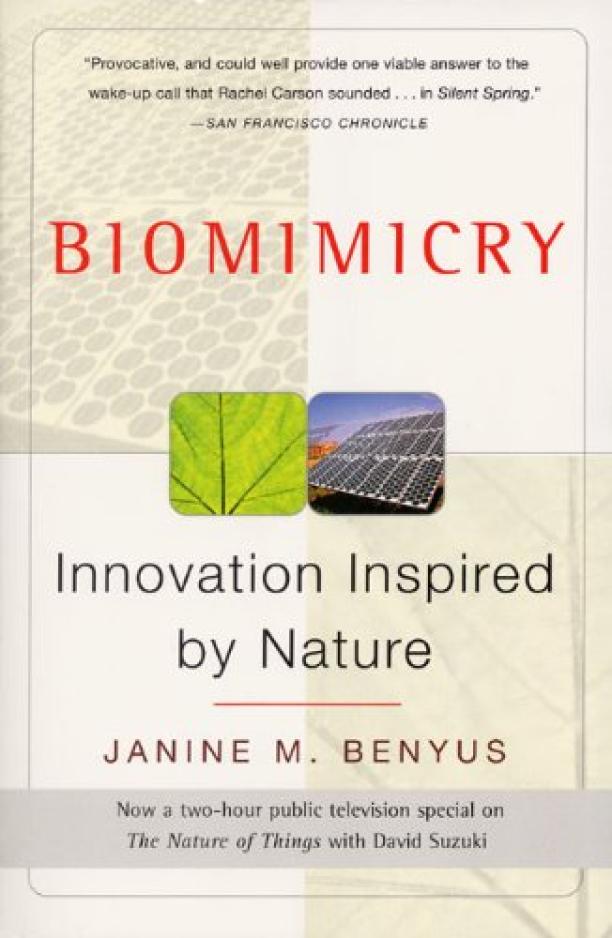
Biomimicry
Innovation Inspired by Nature
Janine M. Benyus
The book explores how scientists and inventors are turning to nature's designs and processes to inspire sustainable solutions to modern challenges. It presents case studies and examples where mimicking the strategies of organisms and ecosystems leads to innovative advancements in fields such as agriculture, medicine, and technology.
See full summary
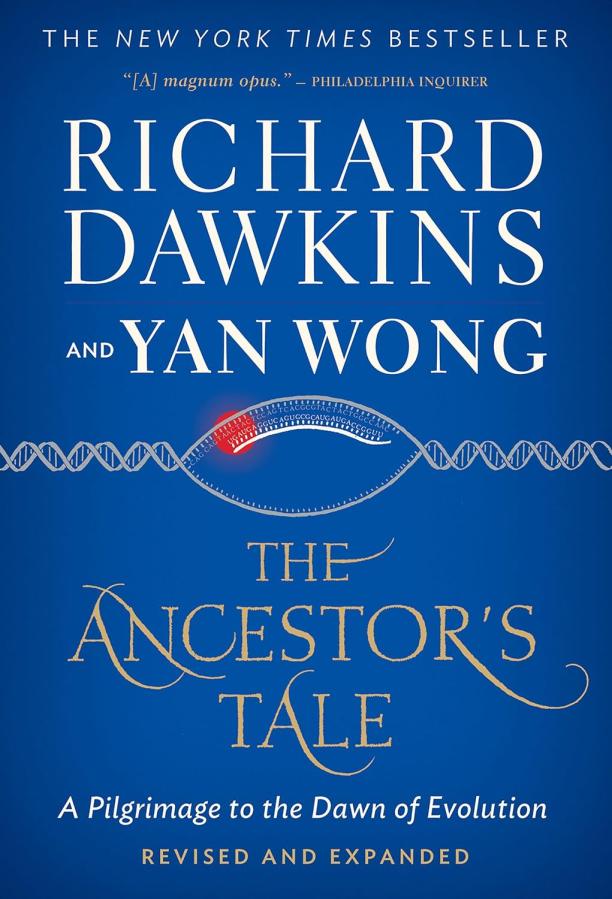
The Ancestor's Tale
A Pilgrimage to the Dawn of Evolution
Richard Dawkins
The book presents a reverse-chronological journey through biological evolution, tracing the lineage of humans back to the origins of life. Along the way, it explores the shared ancestors of various species, recounting evolutionary tales and the scientific evidence that reveals our connections to all living things.
See full summary
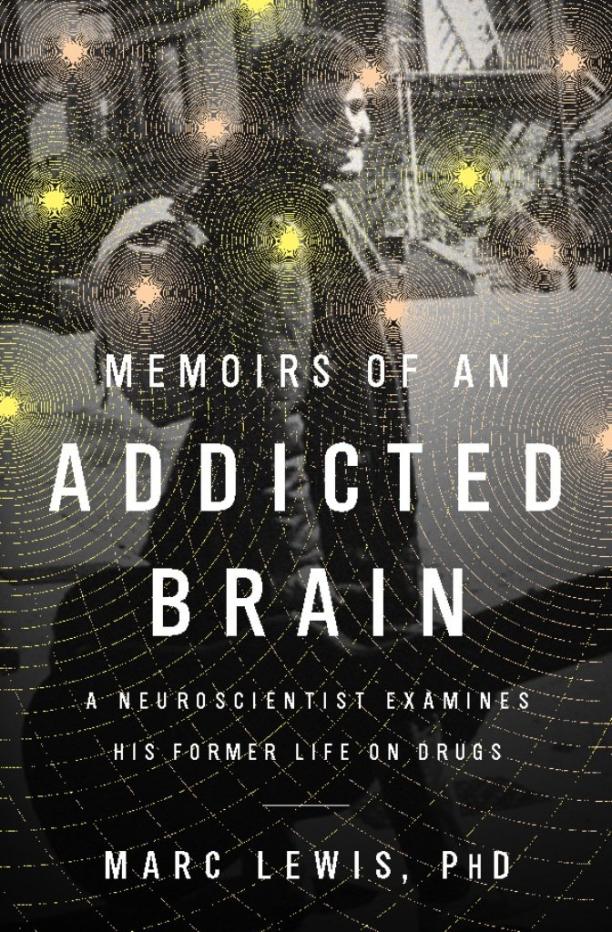
Memoirs of an Addicted Brain
A Neuroscientist Examines his Former Life on Drugs
Marc Lewis
The book intertwines personal narrative with scientific explanation, detailing the author's journey through drug addiction from his youth into adulthood, while offering insights into how various substances interact with the brain to produce their potent effects. It provides a unique perspective by combining the subjective experience of addiction with an objective understanding of the neurobiological processes involved.
See full summary
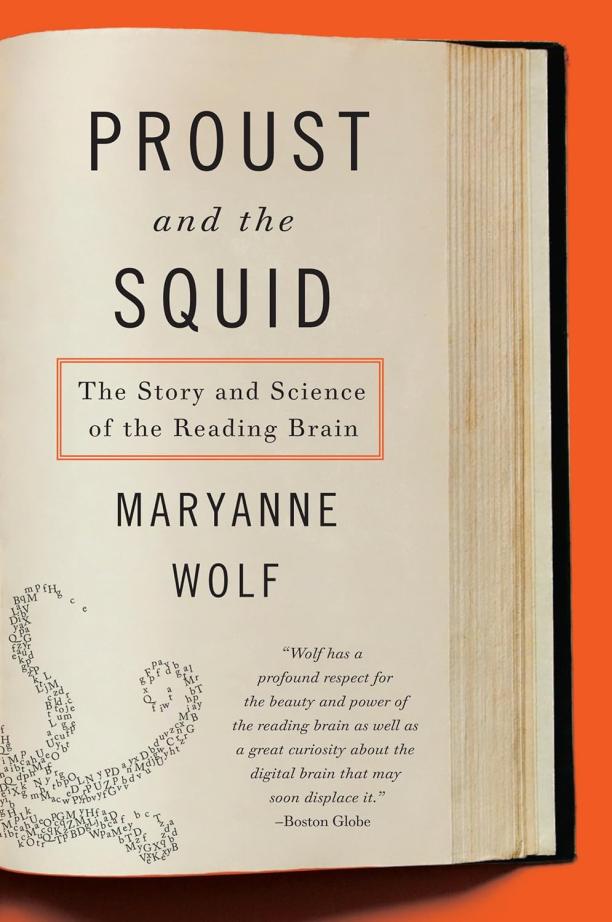
Proust and the Squid
The Story and Science of the Reading Brain
Maryanne Wolf
The book explores the development of the reading brain from a historical and biological perspective, examining how humans have learned to read over millennia and how this process is reflected in brain function. It also delves into the science of dyslexia and the challenges and gifts it presents to individuals as they learn to read.
See full summary
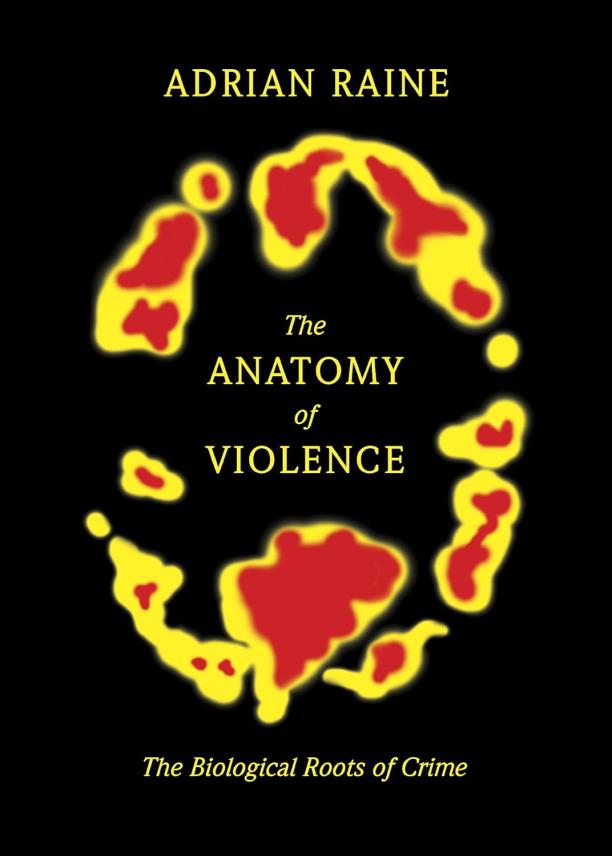
The Anatomy of Violence
The Biological Roots of Crime
Adrian Raine
The book explores the relationship between biological factors and criminal behavior, examining how genetics, brain structure, and environmental influences can predispose individuals to violence. It delves into neuroscience and psychology research to discuss the potential for predicting and preventing criminal activity through understanding the biological underpinnings of violence.
See full summary
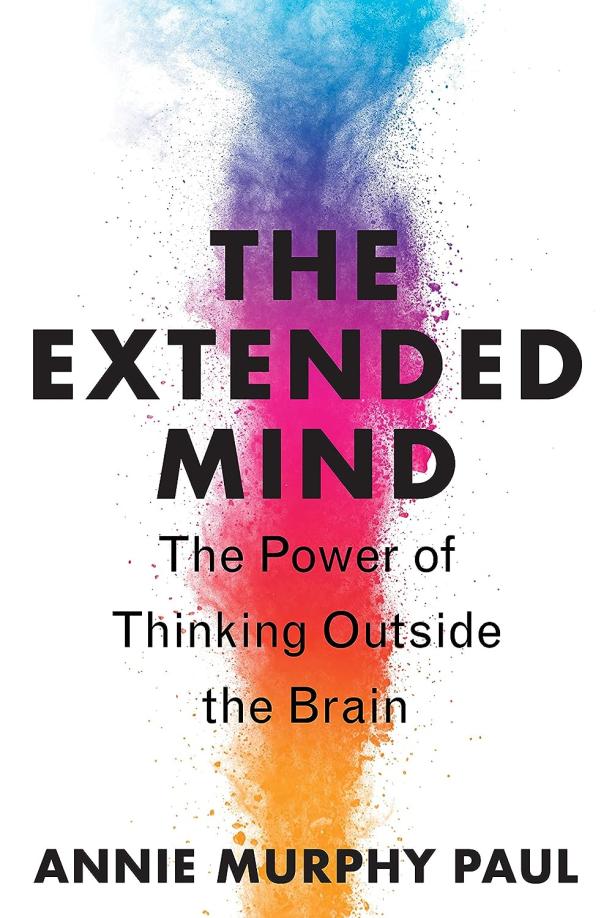
The Extended Mind
The Power of Thinking Outside the Brain
Annie Murphy Paul
The book explores the concept that cognition is not confined to the brain but is a process that involves our bodies, our surroundings, and our interactions with other people. It presents evidence and arguments for harnessing the external environment and tools to enhance our thinking, learning, and decision-making capabilities.
See full summary
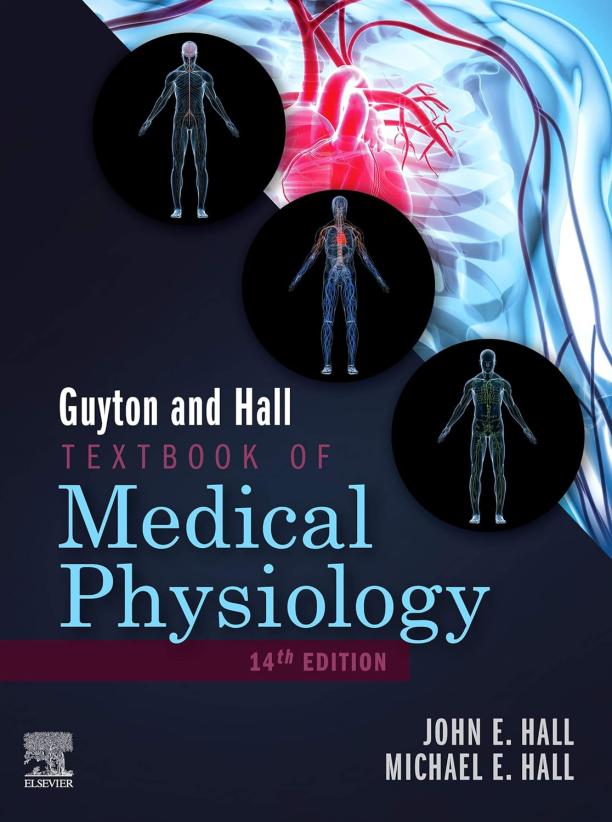
Guyton and Hall Textbook of Medical Physiology E-Book
John E. Hall|Michael E. Hall
The book provides a comprehensive overview of human physiology, explaining how the body's systems function both individually and in concert. It covers topics ranging from cellular physiology and neurophysiology to cardiovascular, respiratory, renal, and immune system functions, integrating clinical connections and emphasizing the principles essential for understanding human biology and disease processes.
See full summary
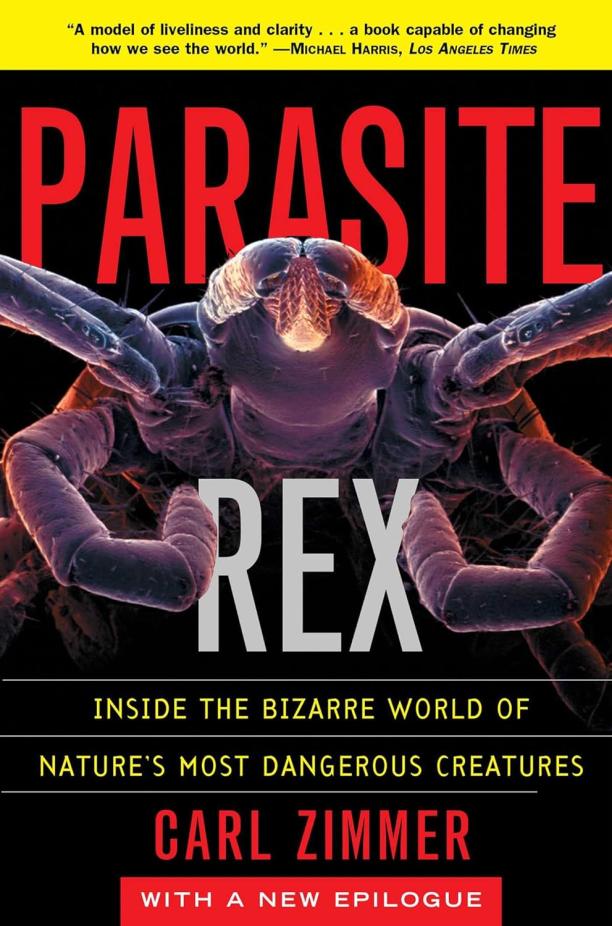
Parasite Rex
Inside the Bizarre World of Nature's Most Dangerous Creatures
Carl Zimmer
The book delves into the complex and often gruesome world of parasites, exploring their sophisticated behaviors, lifecycles, and the significant impact they have on ecosystems and human health. It examines the evolutionary arms race between parasites and their hosts, shedding light on the scientific discoveries that reveal how these organisms manipulate biology in extraordinary ways.
See full summary
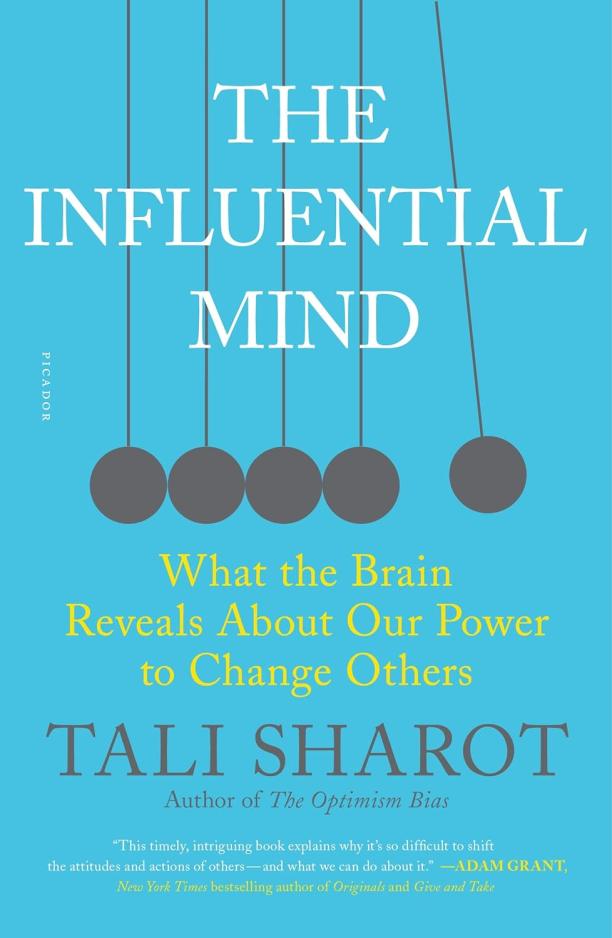
The Influential Mind
What the Brain Reveals About Our Power to Change Others
Tali Sharot
The book explores the neuroscience behind influence, examining how the human brain responds to attempts at persuasion and why certain methods of communication are more effective than others. It provides insights into how understanding the way people think and feel can lead to more impactful ways of changing opinions and behaviors.
See full summary
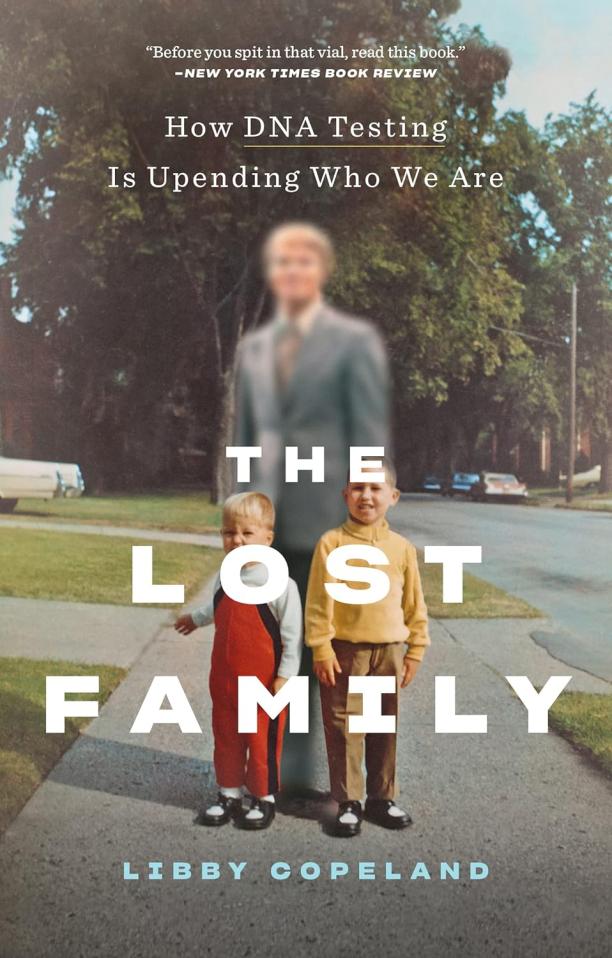
The Lost Family
How DNA Testing Is Upending Who We Are
Libby Copeland
The book explores the impact of home DNA testing on individual identity, family, and society, delving into personal stories of unexpected ancestry results and the ethical implications of genetic data. It examines how these revelations can redefine relationships, heritage, and our understanding of who we are.
See full summary